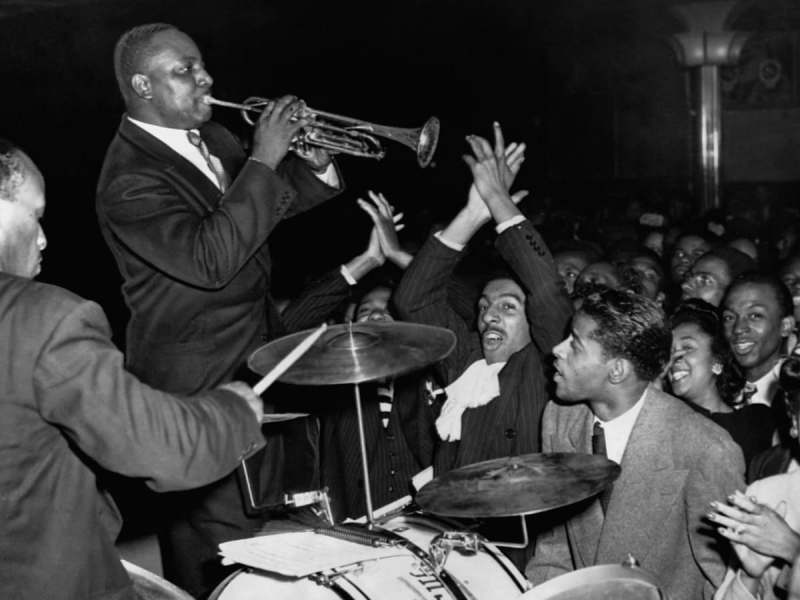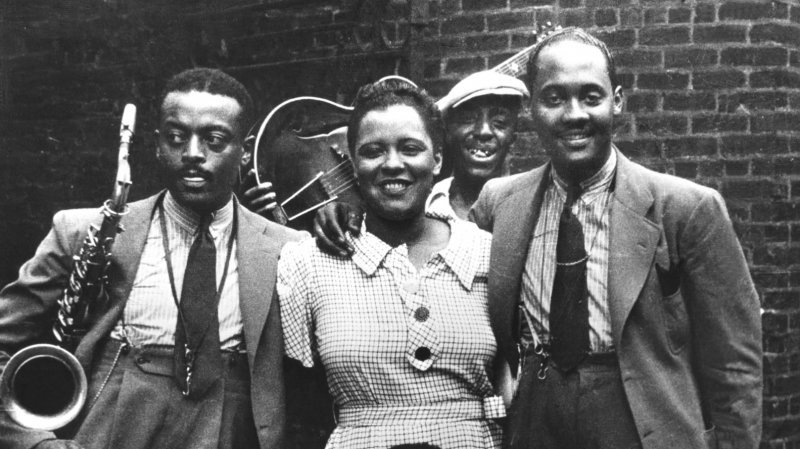The Harlem Renaissance created a new Black identity
The Harlem Renaissance was successful in that it firmly established the Black experience within the context of American cultural history. The Harlem Renaissance created a new Black identity. The impact of the Harlem Renaissance transformed how America and the world regarded African Americans not only via an explosion of culture but also on a sociological level. The migration of southern Blacks to the north transformed African Americans' image from rural, uneducated peasants to urban, cosmopolitan sophistication. This new identity led to increased social consciousness, and African Americans became global players, expanding intellectual and social ties on a global scale.
During this period, the African-American community developed a spirit of self-determination that created a rising feeling of both Black urbanity and Black militancy, as well as a basis for the community to build upon for the Civil Rights movements in the 1950s and 1960s.
The rapidly rising metropolitan setting of Harlem provided a place for African Americans of all backgrounds to appreciate the diversity of Black life and culture. The Harlem Renaissance developed a fresh understanding of folk roots and culture through this manifestation. Folk materials and spirituals, for example, were a rich source of artistic and intellectual imagination, freeing Blacks from the establishment of past conditions. Through participation in these cultural events, a consciousness arose in the shape of a shared racial identity.
However, there was also pressure among certain Harlem Renaissance groups to adopt traditional white American ideas in order to be taken seriously by the mainstream. As a result, while LGBT culture was significantly more tolerated in Harlem than in most other parts of the country at the time, it was almost completely lived out in the city's smoky black lights of bars, nightclubs, and cabarets. The blues music movement flourished in these places, and because it had not yet received notoriety in popular culture, queer musicians used it to express themselves honestly.










